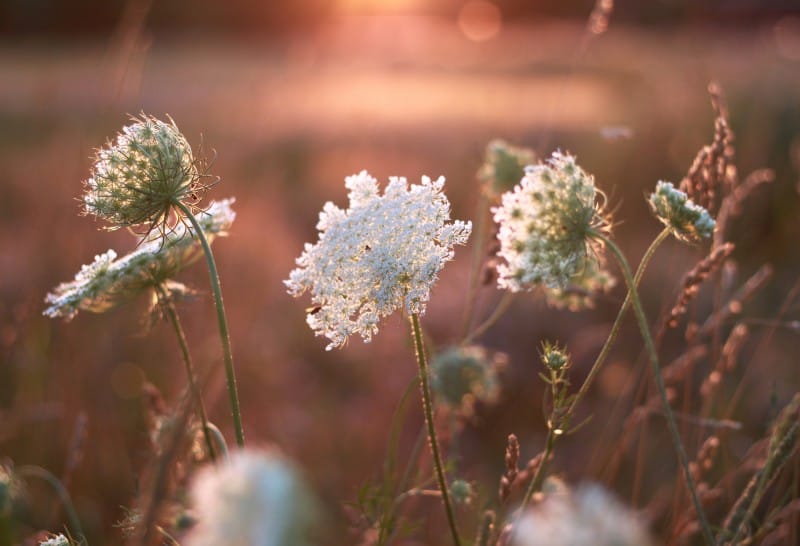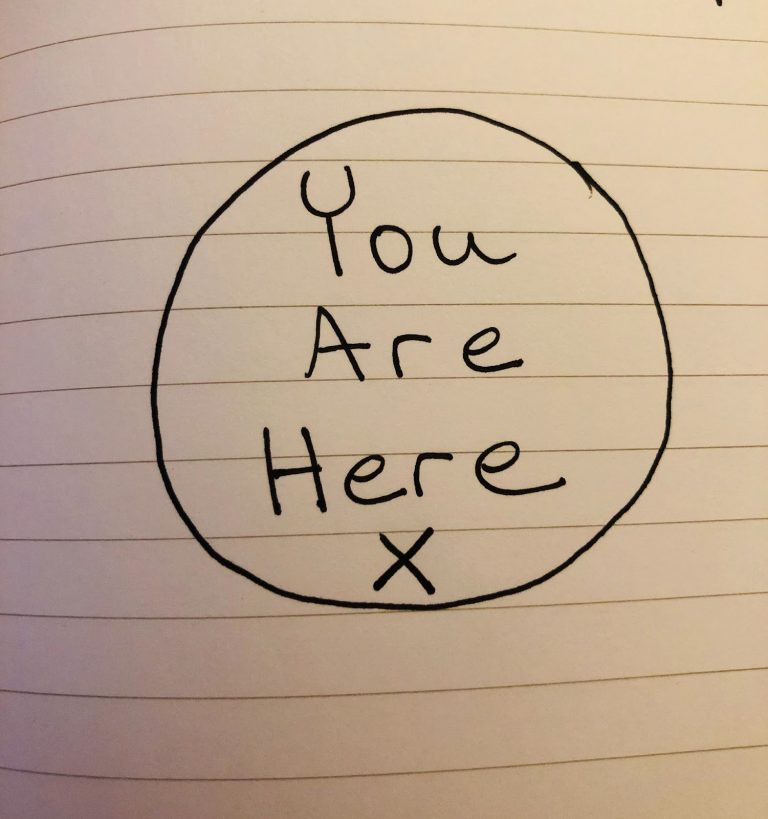Arbitrary label or a point of connection?
By Roshnii Rose

What’s in a name? That which we call a rose,
By any other name would smell as sweet.
Romeo and Juliet, William Shakespeare
I have an interesting relationship with names. In 2002, at the age of 20, I was given a Sanskrit name by my then meditation teacher and felt as though a powerful gift had been bestowed upon me. Roshnii — meaning Divine Light or ‘the first ray of sun at dawn’. It seemed the name was imbued with an energy that elevated my mind.
In 2006, after living for 4 years with two names, I took the bold step of legally changing to my new first name. It didn’t stop my family members and old friends calling me by my birth name but it felt like I was legitimising my new identity, which at the time was strongly fused with the spiritual path of yoga that I was striding along with great dedication.
Fast forward to 2012 and I began to question and reject the cultural dogmas that I had so wholeheartedly internalised alongside my spiritual practices. In the light of this altered perspective, I consciously chose to leave behind my rigid adherence to the guidelines around the yogic philosophy, to set aside the lens I had been gazing through and see what the world looked like through my own eyes again.
By that time however, the name Roshnii was entangled in my identity. I no longer felt charmed by its spiritual potency but I had no desire to return to my birth name of Ruth either. It no longer seemed important what I was called but who I was. I came to the conclusion that a name is simply a label, a mode of referring to a person, place or object, which does not hold any value in and of itself.
But then again, is that really true?
Imagine someone who lives down your street. It makes quite a difference if he is simply ‘the man at number 52’ or if you know his name to be ‘Joseph Cunningham’. When you know a person’s name, you feel a closer relationship to them. Some intimacy exists that may be absent in anonymity.
When I first started learning about wild plants I found it difficult to retain the names or identify them. In 2012, while still living in the city of Brighton, England, I went on a wild food walk with wise woman Clio Wondrausch at a weekend-long gathering in the Sussex countryside. I was moved and inspired by the possibility of becoming familiar with the local edible plants as we moved through the meadow chomping and savouring its offerings. Afterwards, however, I struggled to remember the names or what the plants looked like. We had been introduced at a party but we were still essentially strangers.
When I started living in the countryside amid the Portuguese hills in 2014, the plants became my neighbours. The more time I spent with them, the more easily I could recall their names and properties, and so became more closely acquainted with each species. As I continue to walk through the valleys today, I mentally name the plants when I see them, as if greeting them silently.
When I don’t know a plant’s name, I can appreciate its beauty but I am not in relationship with it. When I have seen an anonymous plant many times, I long to find out its name, so that I can know it more intimately. Sometimes this need feels pressing, an urgency to understand the entity I am interacting with.
Clearly, I am not the only one who feels this way. Vast communities such as iNaturalist have been formed with the purpose of helping one another identify species accurately. Before consulting the web however, my first point of call is usually to ask knowledgeable people in my area or refer to books, which is not always successful.
I don’t just want to know the name so I can add it to my records though. It is mainly about cultivating an affinity with the plant.
Apparently, the well-known naturalist John Muir once wrote:
Whenever I met a new plant, I would sit down beside it for a minute or a day, to make its acquaintance, hear what it had to tell.
And as Ed Yong then comments in The Atlantic:
The first step to making an acquaintance is to get a name — and naming nature is not easy.
I know that humans have labelled plants and that the names are not emanations from the plant world itself. I suppose it is therefore a quality of my human mind, so shaped by language, that needs to name other beings in order to foster a deeper connection to them. This leaves me with the notion that although names may be arbitrary sounds, which humans have formulated to communicate about the world, they can be helpful stepping stones into relationship and intimacy.



